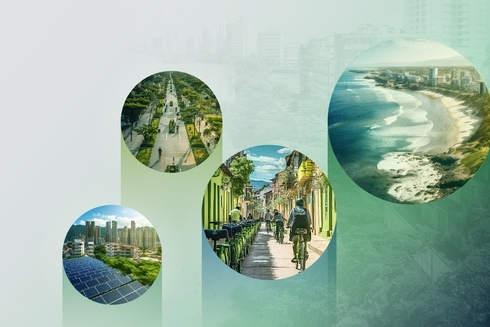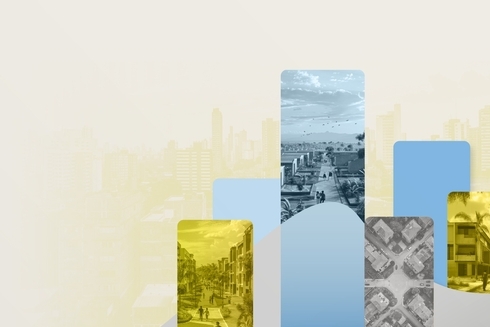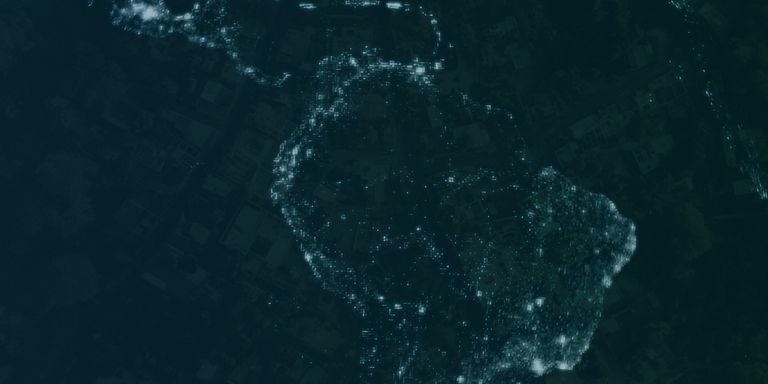
LAC cities concentrate 81% of their population in urban areas, generate nearly 70% of the region's greenhouse gas emissions, and bear almost 80% of the losses caused by climate disasters. In this series, regional experts discuss the need for Multilevel Coordination to Drive Climate Action, the Gender Approach for Climate Equity, and some Innovative Instruments for Financing Climate Action in Cities.

This series addresses the importance of planning and densification to optimize intra-urban land for social housing, exploring concrete tools such as land banks and housing subsidies based on scoring systems to promote diverse and sustainable housing solutions in cities across Latin America and the Caribbean.

In Latin America and the Caribbean, approximately 50% of municipal solid waste is not properly managed, leading to issues such as methane generation, pollution, and social costs in densely populated cities. In addition, 8.1 million deaths related to poor air quality cost 3.4% of global GDP. This series explores circular economy strategies and sustainable and efficient urban waste management in Mexico City, Santiago, and Rio Grande do Sul in Brazil, while discussing opportunities and challenges to improve urban air quality.
